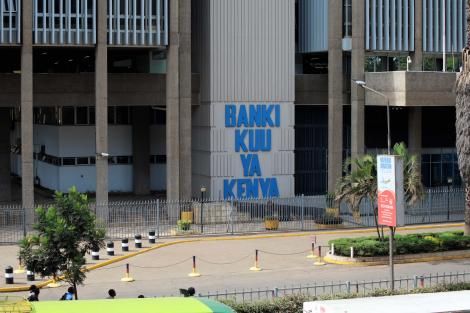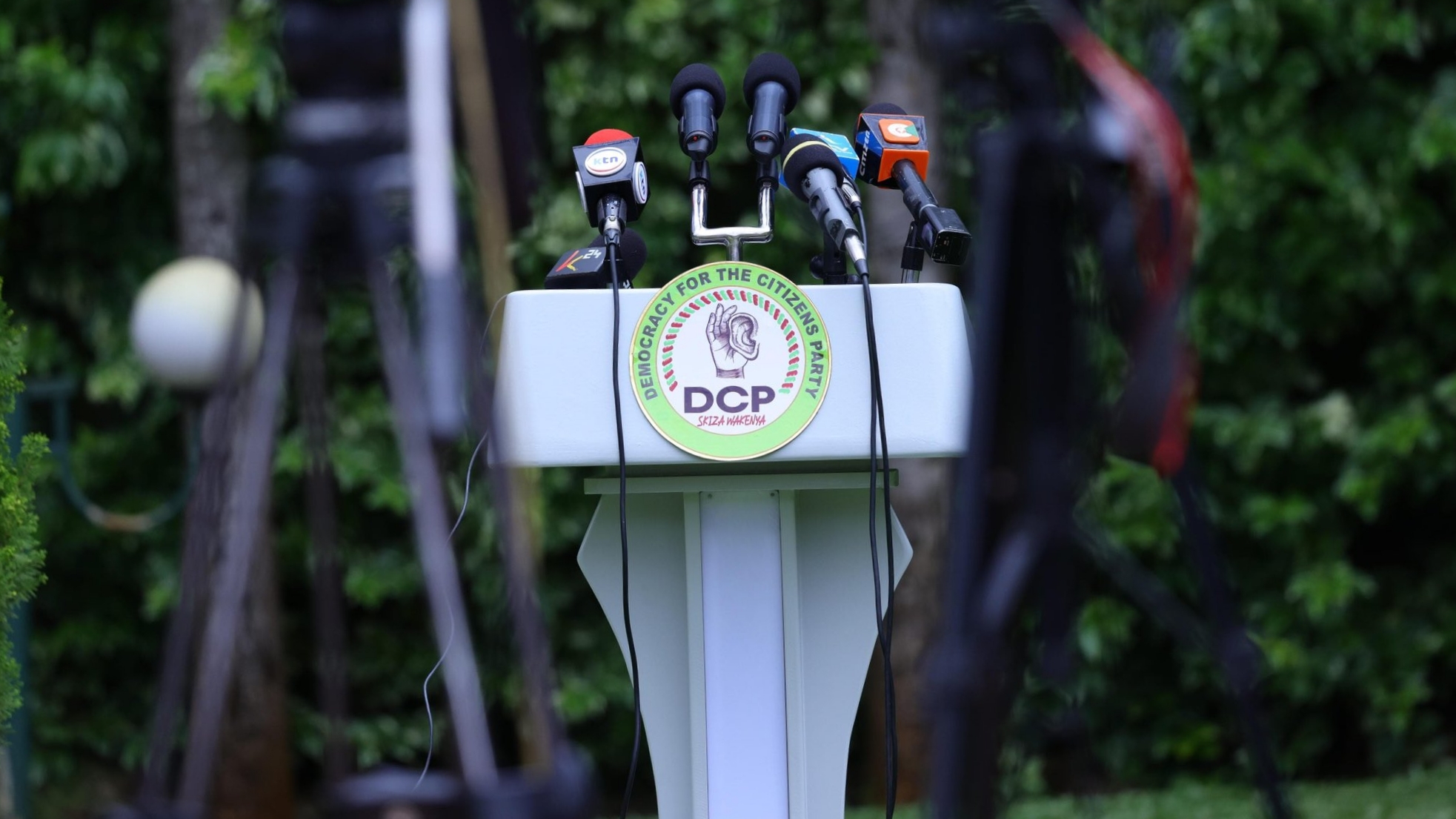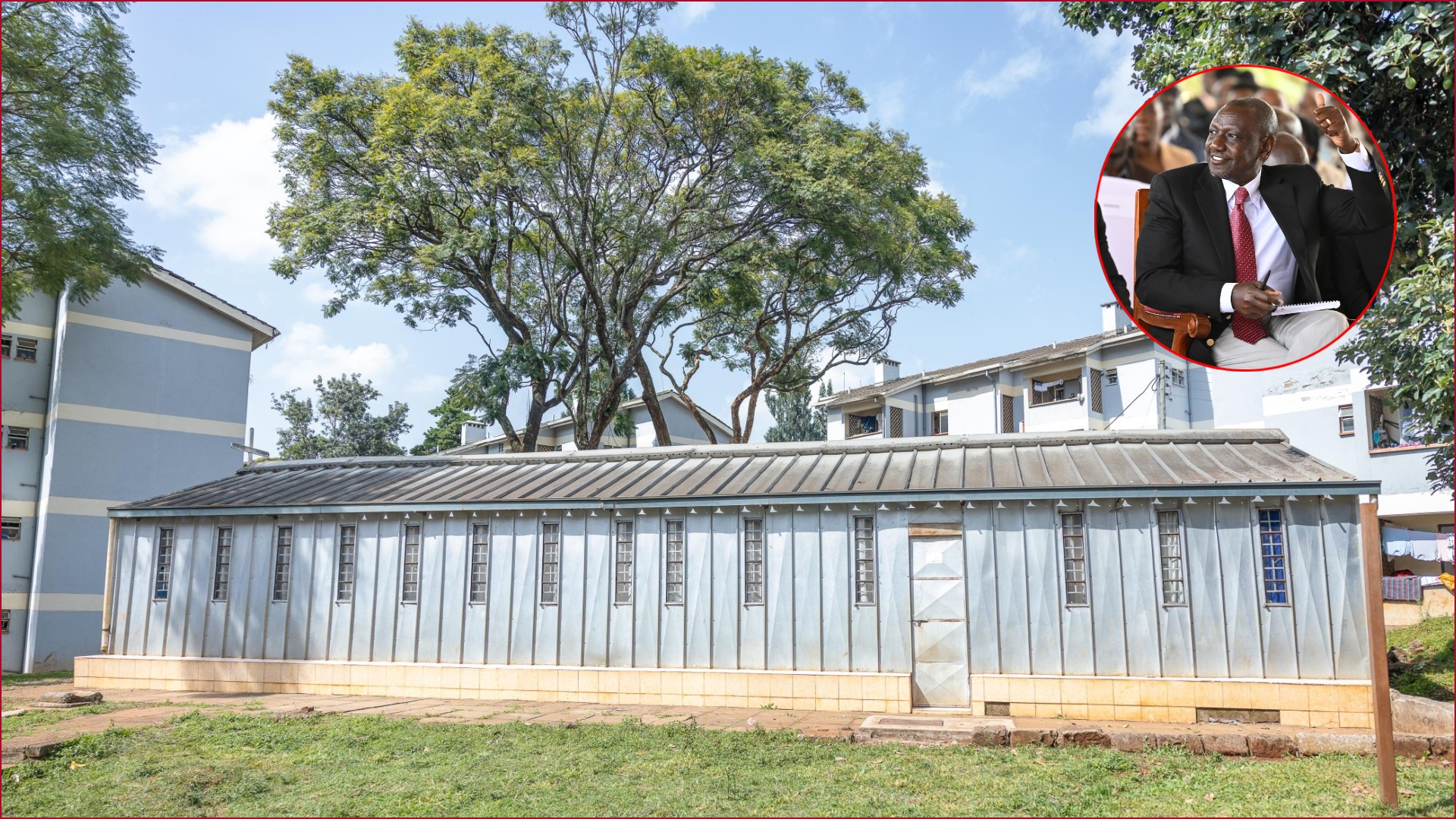
Kenya Set to Tighten the Noose on Online Betting Companies
Feb 13, 2025 at 05:15 PM
By
Nairobi Leo
Kenya has some of the most stringent online betting laws in sub-Saharan Africa, and those laws are set to get more rigid with the new Gambling Control Bill.
The bill was approved by the National Assembly in January 2025 and looks set to be passed into law by President William Ruto.
Amongst the many elements of the bill, the most challenging is arguably the demand on betting companies to deposit KSh. 200,000,000 if they are to obtain a license to operate in Kenya. This requirement covers both online gambling companies and the national lottery.
Interestingly, the senate attempted to reduce the deposit from KSh. 200 million to KSh. 20 million, but this amendment was rejected by the National Assembly.
In justifying the deposit, the committee argued that online gambling companies and the national lottery generally accept more players than physical outlets, hence the need to demand greater financial securities from the companies.
One can understand where the MPs are coming from. Over the years, there have been several cases of betting companies being unable to deliver big payouts to their customers because they haven't had the financial capacity to cover the winnings.
It will be interesting to see how this law affects the growth of online gambling in Kenya. Kenyan regulators have historically been quite hostile to betting companies, and have forced some big names out of the market with their heavy-handedness.
The big taxation clampdown of 2019 accounted for Betin and SportPesa - two of the dominant forces in the industry at the time - while global giants, Betway and Betsafe have subsequently cut ties with the country over unfavourable laws.
SportPesa has since reincarnated and returned, but the rest remain dead and buried.

Despite the departures, the number of online betting companies in Kenya continues to grow, with more than 100 operators now legally rendering their services to Kenyans.
However, we may see that number go down a bit in the next few years with this new KSh. 200 million security deposit likely to force some of the smaller players out of the market.
On a more positive note, the National Assembly did reject a proposed 15% gaming tax recommended by the Senate, arguing that that had already been taken care of by the tax laws.
Indeed, Kenya's betting taxes are very gruelling, not only to the operators, but also to the customers. Bettors are charged a 12.5% excise stake on all wagers, in addition to a 20% withholding tax on all winnings.
Kenyans do not seem to be too deterred though, with the country consistently stationed amongst the biggest betting nations in Africa.
Quite a few reasons have been attributed to Kenya's robust betting market, chief of which is the often erroneous belief from bettors that betting offers a cheap ticket to financial breakthrough.
According to the Gambling Control Bill, the minimum stake on sports betting remains KSh. 20, despite an attempt by the senate to drop the figure to KSh. 1. The senate recommendation was rejected because the MPs want to make gambling as inaccessible as possible to school children, who can easily afford KSh. 1.
In fact, the National Assembly turned down all the recommendations by the senate, including a move to restrict the operating hours of gambling companies to 10 am - 5 pm.
The senate had also proposed that counties be given the authority to make their own gambling laws, but this move was rejected by the MPs, leaving the regulation at the federal level.
These are interesting times in the Kenyan gambling industry as the authorities look to contain the astronomical growth of the market, while also seeking to extract maximum revenue from the booming sector.
Nairobi Leo
Nairobi Leo is a digital native media house that specializes in content creation for online audiences. Nairobi Leo is one of the most popular digital publishers in Kenya.
-1757663085.jpg)









